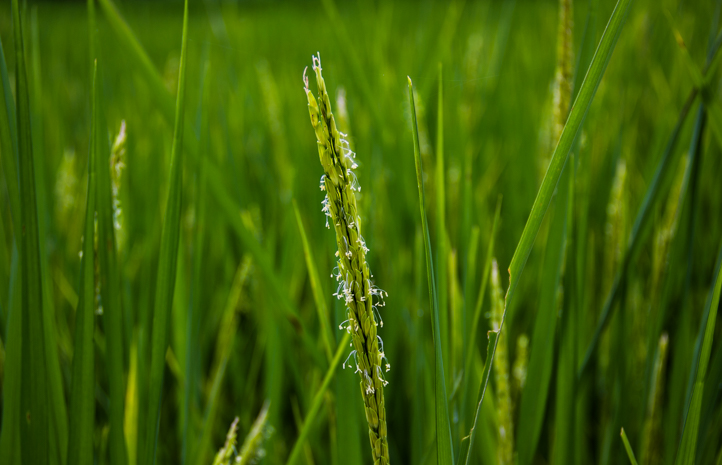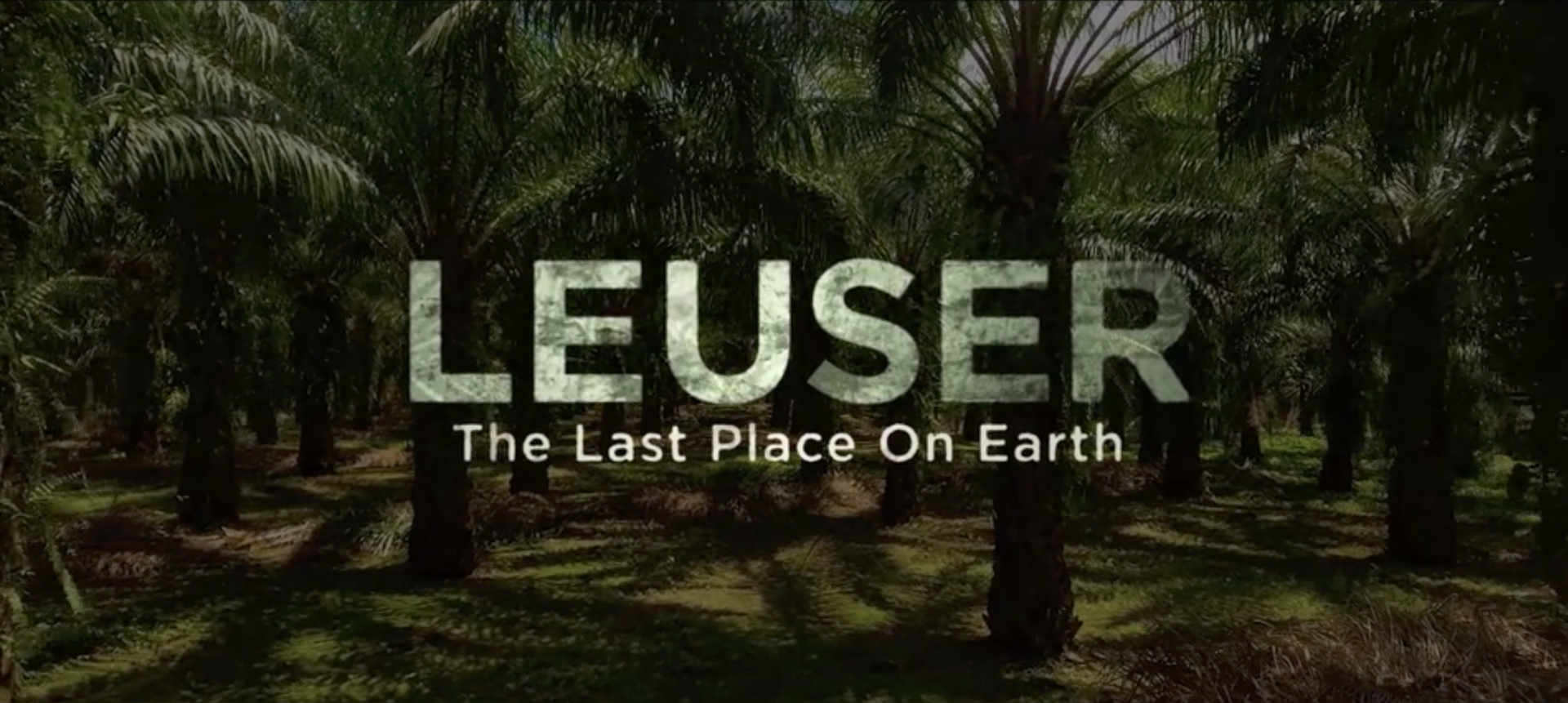Our food production is critically altering Earth’s life support systems.

Global food production, including animal agriculture, is taking a heavy toll on the environment through habitat loss, carbon dioxide emissions, pollution, soil erosion, eradication of top predator species, and consumption of scarce water resources. Forests and other carbon-sequestering plant life are cleared or burned to provide land for less-biodiverse commercial crops and animal agriculture. The environmental impact of humanity’s dietary dependence on meat, milk, and eggs is profound. Agriculture and commercial fisheries are among the primary drivers of wildlife population and local biodiversity declines—as food production increases, wildlife populations decline, leading to species extinctions.
Forests are Earth’s lungs. They sequester carbon, release oxygen, and protect against global climate change.
When we burn fossil fuels and clear trees, we release heat-trapping gases into the atmosphere.
Learn about OPS campaigns to protect our forests and take action now!
Global climate change
Every day we make consumer choices that can collectively benefit, or degrade, our planet. What we decide to purchase to wear, eat, or use in our daily lives, has a profound impact on our environment.
Learn More
Leuser: The Last Place on Earth
The Leuser Ecosystem may be the last place on earth where rare species like Sumatran tigers, orangutans, rhinos, elephants and sun bears live together in the wild–and it is under siege by the palm oil industry.
Stay tuned! This film is currently in production.Campaigns
Through our collaborations with partners, policy makers, and front-line defenders, we champion a more humane and sustainable future.
View Campaigns